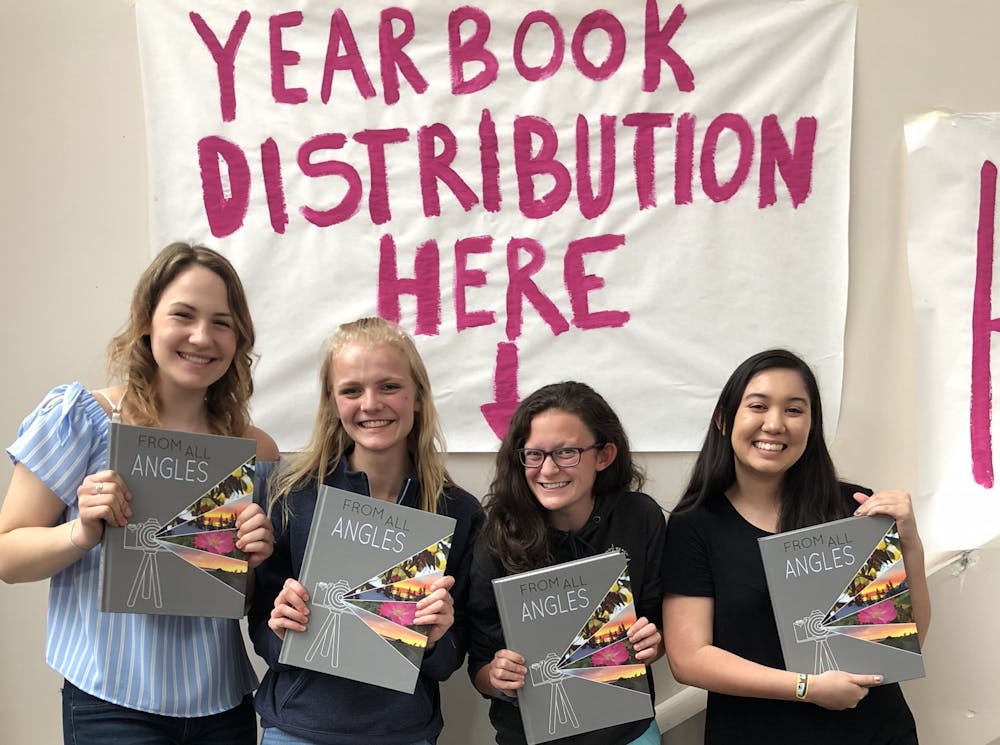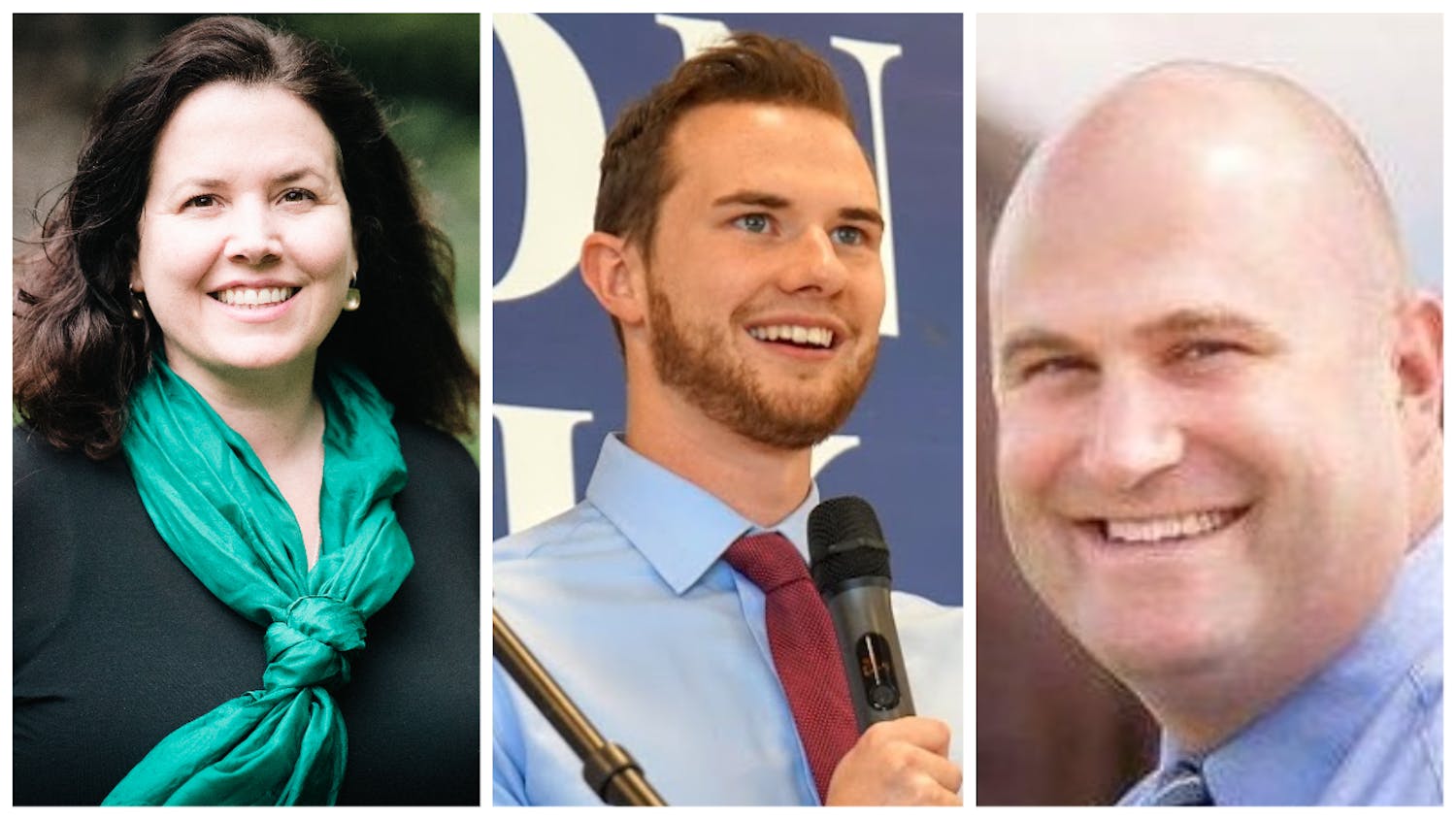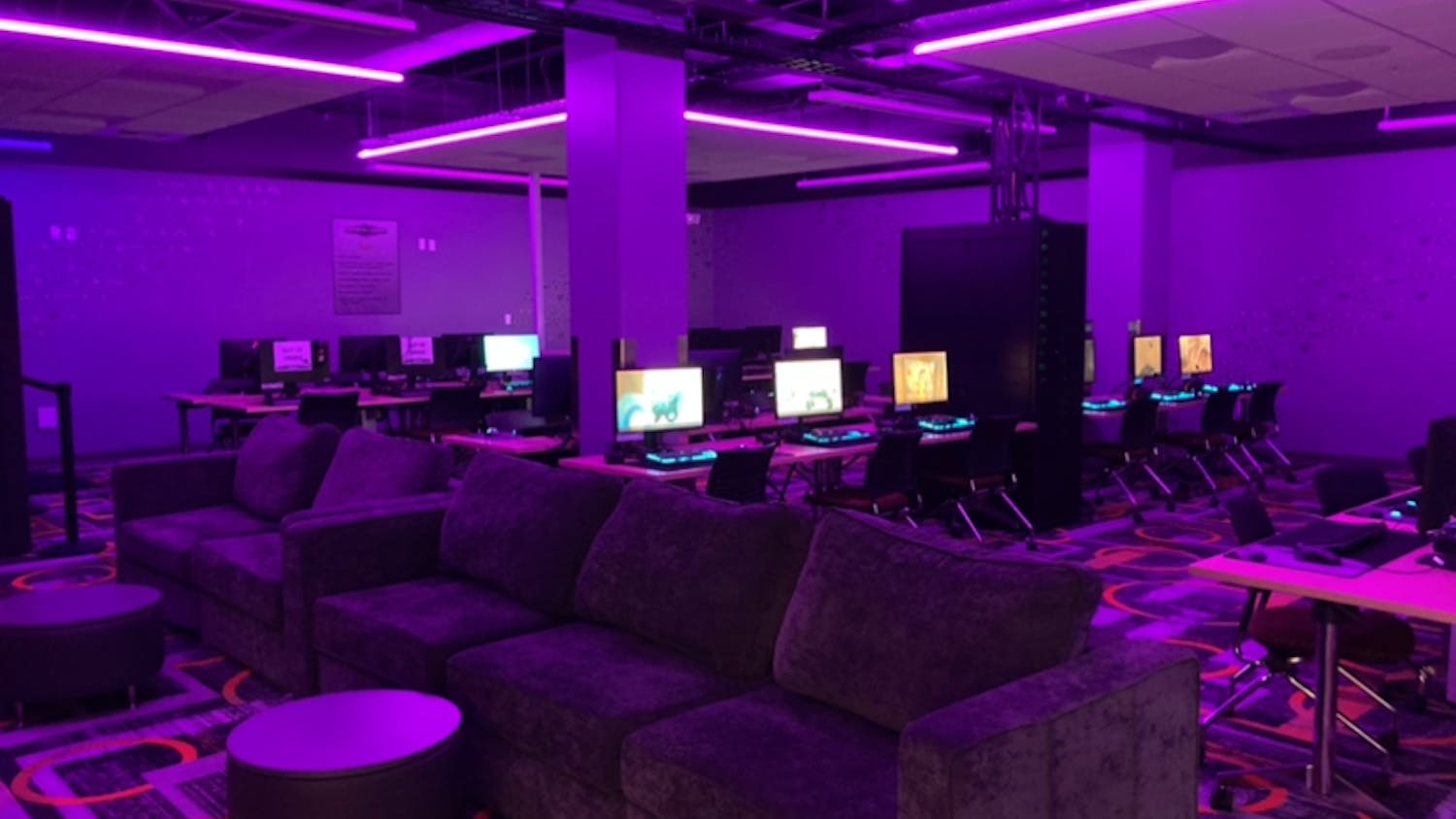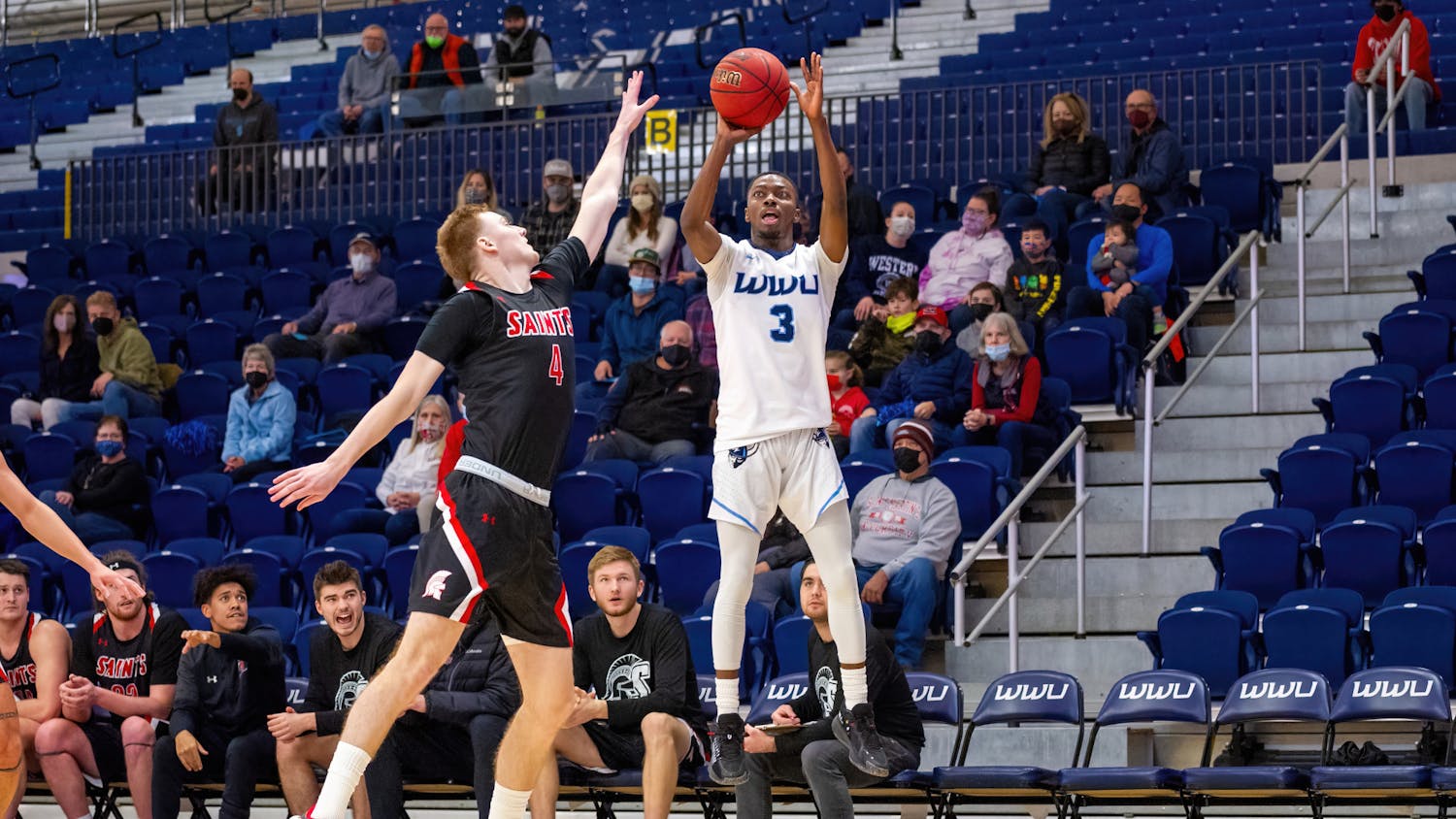As a young writer with little to no experience with journalism, I took to heart every bit of information taught in the introduction courses at my universities.
Often, the two most repeated phrases are “be transparent” and “avoid biases.” When reporting, these things were at the center of my interviews, the questions I asked and the sources I gathered.
“Stay composed, stay transparent, do not let my life experiences shine through in my story,” is what I told myself time and time again.
During the height of 2016, former President Donald Trump's campaign racism was directed toward those who were Mexican. When COVID-19 took the world by storm, Asian hate rose to label the virus as the “China Virus” or “The Chinese Virus.” These events made me hate being multiracial.
I did not want to be Asian. I did not want to be Mexican. And I certainly did not want to let my own experiences flow into my reporting.
I have since learned that being vulnerable with your sources, with those who are taking the initiative to let their guards down and share their stories, leads to better results. Hiding one’s race and ethnicity in the newsroom can cloud judgment or, even worse, have voices go unheard or unnoticed.
Doris Truong of Poynter wrote it best in her message to fellow managers. Journalists of color are aching, full of pain that mirrors the community — so why should I hide it?
Why should I shy away from my truth?
These are questions I asked myself just a few months ago, and that took years to permit myself to ask. Now I am sitting here, given a new question: Why do I do what I do?
It seems easy to answer at first glance, but hours of pondering seem to leave me open-handed and empty – even a little confused or unsure.
When I was 15 years old, my Uncle Toney, a well-known figure for my family and friends, asked what I wanted to do when I grew up. With big starry eyes, I told him I wanted to change the world.
He laughed.
Uncle Toney recently asked me the same question, and I said with those same starry eyes that I wanted to change the world with my journalism, by being an editor.
He rolled his eyes, smiled and then walked away.
Maybe my ideas and goals as a young journalist are too optimistic. Perhaps my wording and lack of explanations are a reflection of people’s reactions, but I think I may have an idea of how to answer the question “Why do you do what you do as a journalist?” The answer relates to identity and vulnerability.
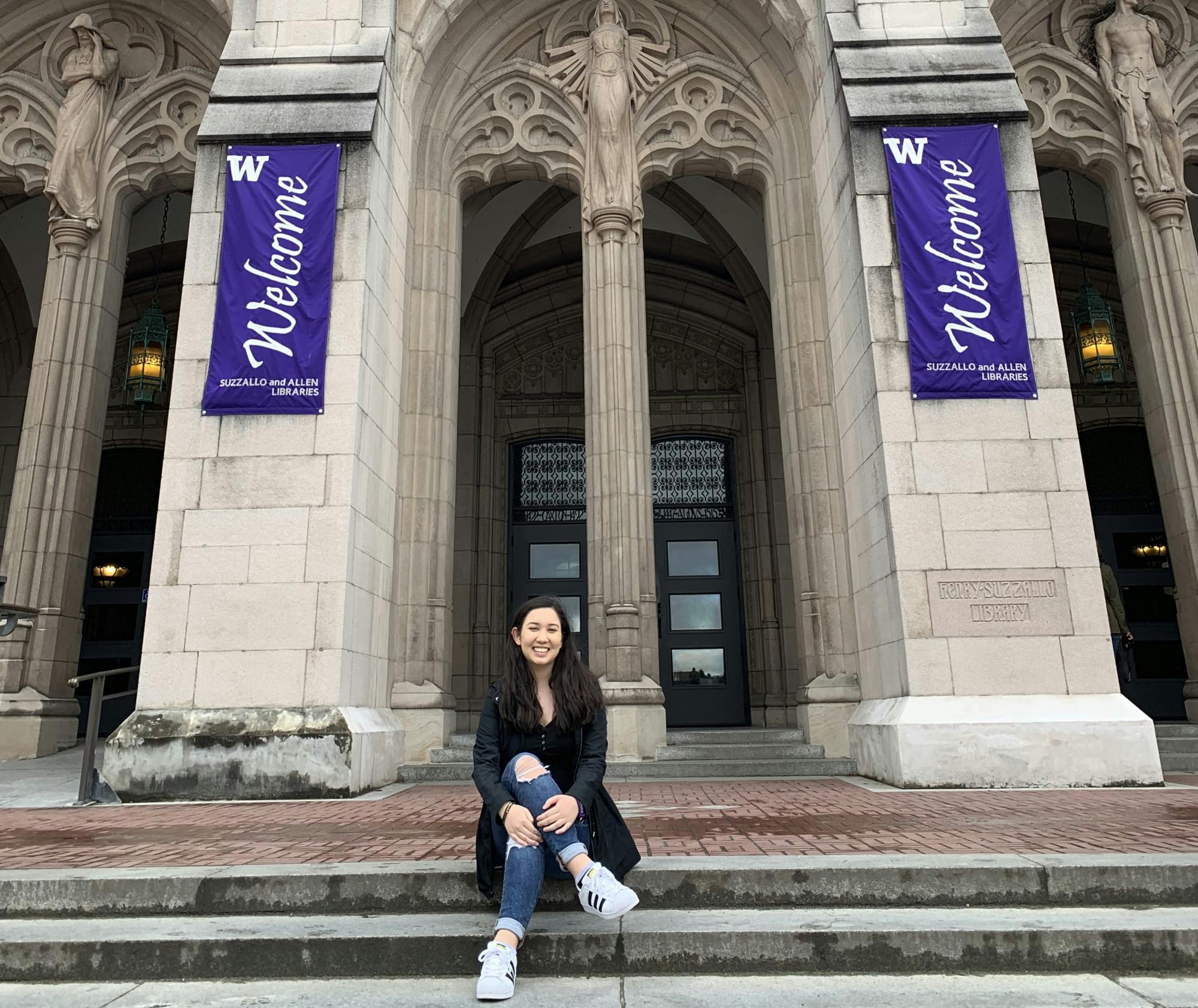
Nguyen sits in front of Suzzallo Library at the University of Washington on April 13, 2019. She was on a tour of the university after receiving an acceptance letter that spring. // Photo courtesy of Aria Nguyen
How it started: My journey with self-appreciation and path to journalism
Shipped off to college, in my first quarter I thought I had everything planned. I was going to love my roommates, we would become best friends and do everything together, I would pursue psychology and education and I would graduate in four years or less.
I mean I was going to my dream school: University of Washington, Seattle campus.
What could go wrong, right?
Needless to say, most of those things did not happen. My roommates and I did not get along, mainly because we did not have the same viewpoints on race. Often I felt outcasted, hurt by their microaggressions and lack of boundaries. After multiple attempts to seek help from university staff by explaining my situation, nothing was done.
I was left feeling empty. Alone. Spiraling.
I had no friends or familiar faces — all my high school buddies decided to live at home or go to college elsewhere. I found myself sinking into a darker place as each day passed.
Every night I would call my mom and cry, begging to come home, asking her if she’d be disappointed if I left. After our phone calls, I would go to the studying room on the fifth floor and wonder if that was high enough for me to jump and take all my worries away.
It took a good friend and lots of convincing to talk me off that ledge and to save me from drowning in a wave of guilt and shame.
Countless conversations later, and with some professional help, I finally decided to come home during my second quarter of college. That spring I found myself at Western Washington University.
All the plans and dreams I had before got washed away, and now I was starting with nothing. No major, no passion. I just knew I wanted to be in school.
Mindlessly searching ClassFinder to see what classes could fill my GUR requirements, I decided to add Newswriting. Although I had limited experience with journalism before, the description sounded interesting and I had been an editor for my school newspaper and yearbook during high school.
This might be the point where you expect me to say “And I fell in love with journalism right away!” but that’s not the case, the first couple of weeks were painful. AP style seemed impossible to get down, drawing the most important information up into the first five paragraphs and knowing what should go where was a headache — I struggled. A lot.
It wasn’t until the end of the quarter when I was doing the final assignment that I woke up, and understood why people become journalists. The project was to write a story on any topic of our choosing, and as this class was fully remote due to the pandemic, I decided to write a story on how COVID-19 was impacting local healthcare workers.
Writing, specifically, was not what I fell in love with journalism. I mean, I was always good at writing. In every English class I took I received perfect grades, but academic papers and scholarly essays did not intrigue me. With journalism, it was interviewing and piecing together individuals' lives that made all the work come together into something I was proud of.
It was having people tell me this was the first time they felt acknowledged — the first time they had been seen and heard.
Being voiceless or shamed for being myself is something I so often experienced, and something my sources and I had in common. For the first time, I thought maybe it is okay to have pieces of myself in my work if that means I get to share pieces of others too.
From there I knew journalism was the path I wanted to take.
It was a friend who shared similar experiences with me, who gave me advice and texted me every day who saved my life — and I thought maybe if others knew what I went through and if I shared interest in their experiences too that I could also be a lifeline one day.
Moving forward with journalism
Being a reporter for The Front was stressful, yet gave me more confidence in my writing and interviewing skills.
It taught me that pitching stories means focusing on news people want to see and hear, not what the reporter wants to see. That also means reporters can create news people need, to see the rise in Asain hate, the number within the houseless community rising and much more.
However, reporters only have so much control over what stories they are assigned.
Completing my time as a reporter on The Front, I decided that it was time for a new challenge.
Other mediums like photography, poetry and painting never suited me. Sharing other people’s experiences with clear-cut words, quotes and facts adds a level of urgency and clarity — words are how I am going to change the world. Journalism is how I am going to change the world.
People are my concern, and it's the people I care about.
Take for example an investigation by the Chicago Tribune and ProPublica Illinois regarding seclusion rooms used to isolate young children living with disabilities.
This investigation could not be summarized in just an image or painting — the pain and trauma these children experienced would not be given justice in just a few short lines. Because of journalism, because of people taking the time to write about this issue, Illinois is revisiting these seclusion rooms and schools are being held responsible.
But how do we get to this point?
Becoming an editor was the next step in my reporting career, and a way to allow my race and ethnicity to shine through. Having a diverse newsroom that can produce stories that relate to the most vulnerable starts with the people that are hired.
According to a 2018 analysis conducted by the Pew Research Center, 77% of newsroom employees, including editors, are white.
Having a majority of newsroom staff who are white reporting on issues of race and ethnicities tends to skew how different groups are represented by the news media. In fact, “News and opinion media are almost 1.5 times more likely to represent a white family as an illustration of social stability than a Black family,” according to a 2017 report titled “A Dangerous Distortion of Our Families” which analyzes how Black people and their families are represented in the news.
Being an editor may not mean I have direct contact with sources, I may not publish a breaking story that receives thanks from the community, however, I get to be that person assigning those stories.
Being an editor means that I am allowed to share my personal experiences with my reporters and that I can be vulnerable in every way which may help guide them in a more diverse direction.
That may not be a deeply clear response tied into a neat little bow, but I do what I do as a journalist, and now as an editor, to be able to express my differences and make that possible for others in the newsrooms.
I want to be used as an example — I am not trying to be a hero or an icon, but as someone who has stayed true to my identity and inspired others to take a closer look at their stories and how they can include their background in a transparent and useful way.
Aria Nguyen is a third-year student majoring in news and editorial journalism with a minor in sociology. Her reporting is typically centered on stakeholder and community needs. Outside of the newsroom, she likes to practice martial arts and play the sims while listening to Harry Styles.
You can reach her at arianguyen.thefront@gmail.com
You can also find her on Instagram @_arianguyen_


